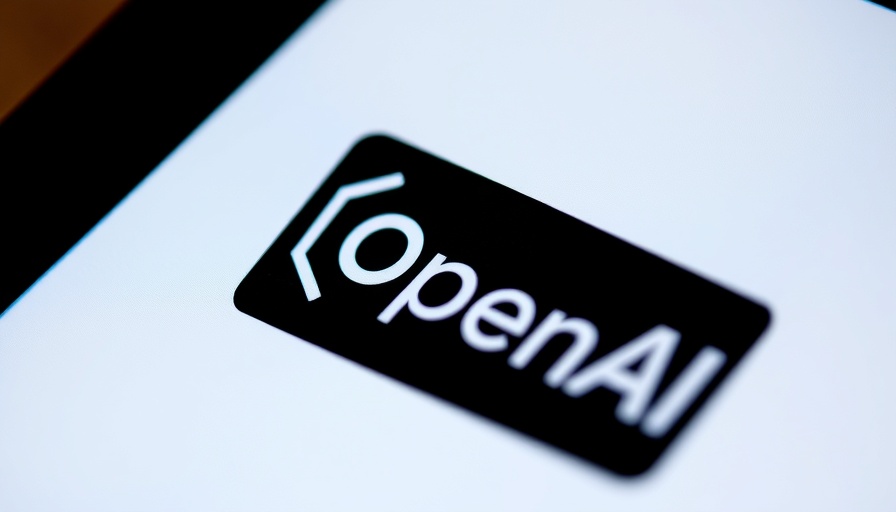
OpenAI's Stargate: The Future of AI Infrastructure
OpenAI's ambitious Stargate project, initially envisioned as a $500 billion initiative to enhance AI infrastructure in the United States, is now contemplating broadening its horizons beyond American soil. Initially launched with a commitment to revolutionize the domestic AI landscape, the project is eyeing international territories like the U.K., Germany, and France as potential next steps.
What’s Behind the Expansion?
The drive for international expansion stems from a growing recognition of the global nature of the AI industry. As businesses and governments across the globe ramp up their own investments in artificial intelligence, OpenAI, Oracle, and SoftBank—key partners in this venture—are adapting to the increasingly competitive landscape. With SoftBank likely contributing substantial investments, the partnerships formed through Stargate could set the stage for a significant shift in how AI resources are distributed internationally.
The Impact on Technology Landscape
Internationalizing the Stargate project could reshape the tech industry, fostering a stronger collaboration between AI centers worldwide. This transformation allows for better resource allocation, talent pooling, and innovation exchanges among countries. As AI technology persists in expanding its reach, countries such as the U.K., Germany, and France stand ready to capitalize on these opportunities, fostering closer ties to Silicon Valley giants.
Current Focus: U.S. Development Remains Priority
Despite these international aspirations, it's essential to recognize that Stargate remains highly focused on U.S. development. As the initiative continues to secure its first $100 billion in funding, significant domestic projects are still underway. This phase is critical for establishing a robust foundation, which in turn will support future global operations.
Stargate as a Passion in AI Policy
When Stargate was first introduced, it received flattery and applause, including praise from former President Donald Trump, who described it as a "declaration of confidence in America." The project’s implications extend beyond simply enhancing infrastructure; it champions the U.S. position in the global technology arena. Evaluating the project’s success or progression involves monitoring how these investments translate into substantial innovations and global influence.
Predictions for the International Market
Looking ahead, the expansion of Stargate raises questions about the evolving dynamics within international AI collaboration. The U.K. may emerge as a primary hub for AI technology, especially in light of its supportive regulatory environment. Similarly, Germany's significant technological investments and France's focus on digital innovation position them as competitive partners in the AI race. As these countries enhance their infrastructures, they could witness a surge in AI development projects fueled by their connections to the U.S.
Conclusion: What This Means for Stakeholders
For stakeholders in the tech industry, Stargate's evolution is a bellwether for the future of AI technology and international cooperation. Understanding its implications is crucial—companies, employees, and consumers will all feel the effects of this project. The collaborative efforts could lead to advancements in fields ranging from healthcare to renewable energy, fundamentally altering how technology interacts with daily life.
Staying informed about the latest developments in such monumental projects is vital for anyone interested in the tech world. For ongoing insights and updates on this rapidly evolving landscape, follow the latest tech news. The advancements in AI infrastructure certainly promise to create new opportunities and challenges in the near future.
 Add Row
Add Row  Add
Add 



Write A Comment